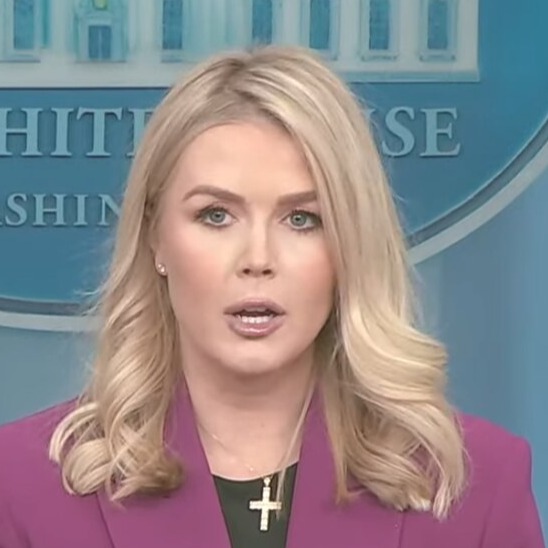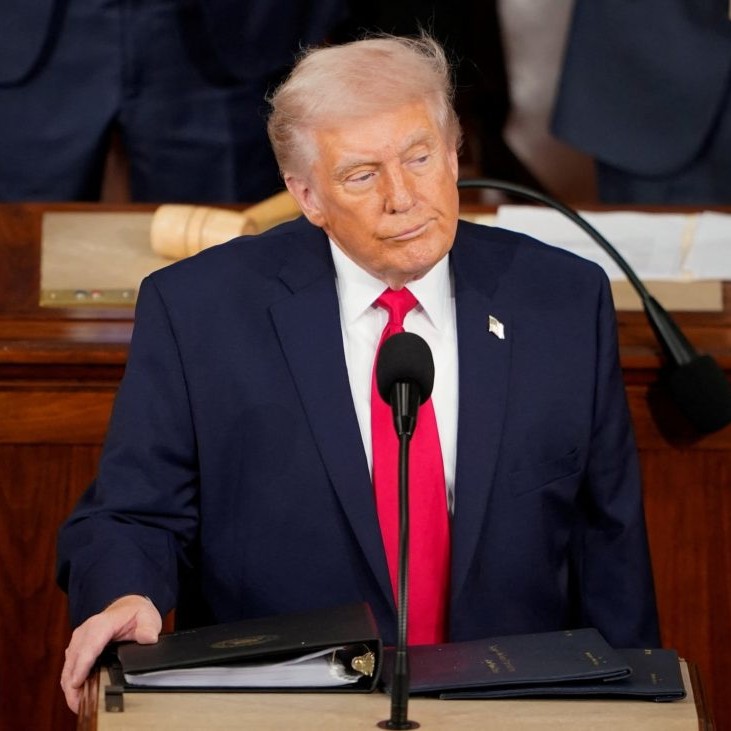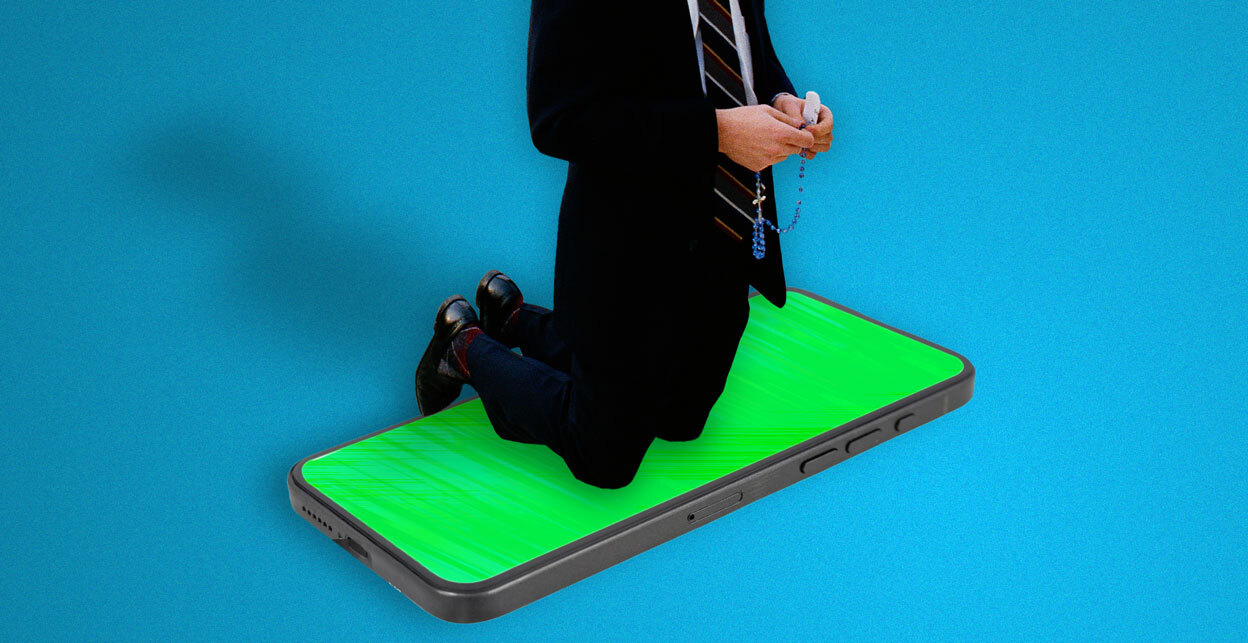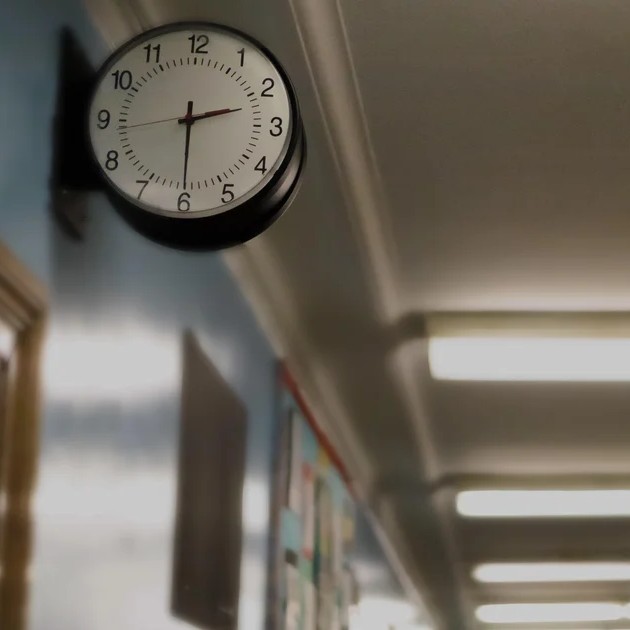
Karoline Leavitt at her first Press Conference in 2025. Photo courtesy of The White House YouTube channel. Public domain.
The White House responded forcefully after House Democrats released a batch of emails from the Jeffrey Epstein estate, accusing the opposition of a “bad-faith” smear campaign targeting President Donald Trump. The newly disclosed documents include allegations from Epstein himself that Trump “knew about the girls” and spent hours at Epstein’s residence with one of his alleged victims. Yet, the White House insists this selective leak is a politically motivated distraction, raising questions about why the full files remain sealed.
A Smear Campaign, According to the White House
White House press secretary Karoline Leavitt responded forcefully to the Democrats’ move. She accused them of cherry-picking emails to create a “fake narrative” designed to damage Trump’s reputation, as reported by Fox News. Leavitt identified the “unnamed victim” referenced in the emails as Virginia Giuffre, who repeatedly stated that Trump was not involved in any wrongdoing and “couldn’t have been friendlier” during their limited interactions. She emphasized that Trump had expelled Epstein from his club decades ago for being a “creep” to female employees, including Giuffre, framing the controversy as a “hoax” intended to distract from the government reopening after the longest shutdown in history.
Leavitt called the Democrats’ release a “bad-faith effort” and insisted that any American with “common sense” sees through the “clear distraction” from Trump’s “historic accomplishments,” as reported by Fox News.
Democrats Push for Full Transparency
On the other side, House Democrats, led by Rep. Robert Garcia of California, are demanding full disclosure of the Epstein files. Garcia called the selective release of emails a cover-up and accused the White House of hiding the true nature of Trump’s relationship with Epstein. He said the latest emails “raise glaring questions” about what else the White House might be concealing and vowed that the Oversight Committee “will not stop until we get justice for the victims,” as reported by Fox News.
Garcia also noted that the Oversight Committee had received about 23,000 pages of documents from Epstein’s estate in recent days, with more expected to be released, as reported by The Daily Beast. The committee is reportedly pushing a discharge petition that would force a House vote on whether to instruct the Department of Justice to release all Epstein-related files. The petition is close to success, with Rep.-elect Adelita Grijalva expected to provide the final signature needed to advance the measure.
The Emails That Sparked the Firestorm
Among the newly released emails is a 2011 message from Epstein to his associate Ghislaine Maxwell, in which Epstein alleged that Trump had spent a prolonged time at his house with a “victim” who had never been mentioned publicly. Epstein wrote, “I want you to realize that that dog that hasn’t barked is Trump. VICTIM spent hours at my house with him, has never once been mentioned,” as reported by Fox News.
The victim referenced is widely understood to be Virginia Giuffre, who publicly accused Epstein and Maxwell of recruiting her into their sex trafficking operation. Giuffre worked as a 16-year-old locker room attendant at Trump’s Mar-a-Lago club before being allegedly recruited by Maxwell to serve as a private masseuse for Epstein. The emails also suggest Epstein told Maxwell that Trump “knew about the girls as he asked Ghislaine to stop,” as reported by The Daily Beast, implying Trump was allegedly aware of the illicit activities.
Contradictions and Questions Remain
The White House’s dismissal of the emails as a smear contrasts sharply with the content of the documents themselves. Epstein’s explicit statements about Trump’s alleged knowledge and time spent with victims raise questions about why the full files have not been made public. Republicans on the House Oversight Committee echoed the White House’s frustration, accusing Democrats of withholding records that name Democratic officials and politicizing the investigation instead of focusing on transparency and justice for survivors.
Trump himself has repeatedly denied any involvement in Epstein’s illegal activities or knowledge of them. He has described the Epstein saga as a “hoax” and has not been accused of criminal wrongdoing in connection with Epstein or Maxwell, who is currently serving a 20-year sentence following her conviction.
The Political Stakes Are High
The release of these emails comes at a politically charged moment, with the House poised to vote on the discharge petition that could force the DOJ to release all Epstein-related documents. The White House and Republican leadership oppose the petition, citing concerns about protecting potential victims and the incomplete nature of the bill. Democrats argue that full transparency is necessary to hold powerful figures accountable and to provide justice for survivors.
As the House prepares to resume session, the battle over the Epstein files is far from over. The clash between the White House’s accusations of “bad faith” and the Democrats’ demands for full disclosure highlights deeper institutional fractures over oversight, transparency, and the handling of sensitive information.
For now, the public is left to sift through the partial revelations and the political posturing, wondering what else remains hidden in the sealed files and what the full story might reveal.
References: White House blasts Democrats over ‘bad-faith’ Epstein document release | Leavitt Melts Down Over Leaked Emails From ‘Creep’ Epstein | White House responds after disturbing emails Jeffrey Epstein allegedly sent about Trump were revealed







